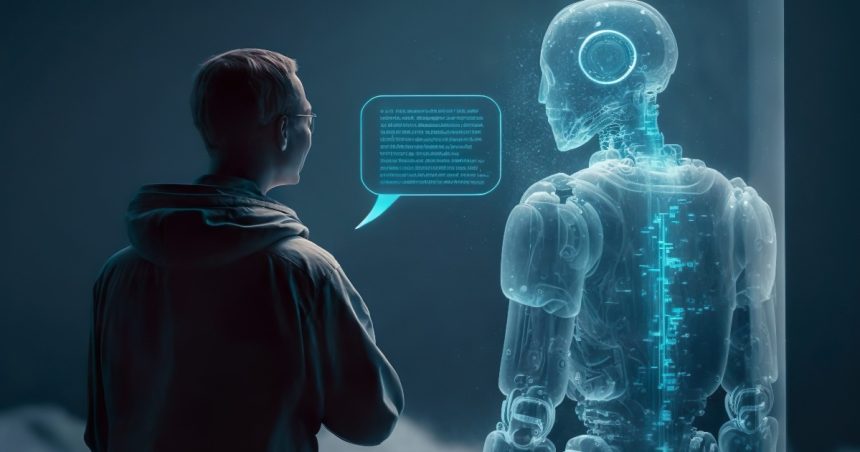The Rise of Digital Guidance
From daily affirmations to personalized productivity tips, artificial intelligence is moving beyond answering questions — it’s stepping into the role of life coach. AI-powered apps now claim they can help you set goals, track progress, and even motivate you with customized advice. But as technology edges closer to offering emotional support, many are wondering: is this helpful, or just plain creepy?
What AI Life Coaching Looks Like
Modern AI coaching platforms don’t just spit out generic advice. They analyze data — from your calendar, sleep tracker, or fitness app — and suggest practical steps to optimize your life. Some go further, using conversational chatbots to mimic the style of a motivational coach or mentor. For busy professionals, it feels like having a coach available 24/7, right in your pocket.
Why People Are Drawn to It
The appeal is clear: affordability, accessibility, and convenience. Traditional coaching sessions can cost hundreds of dollars per hour, while AI apps charge a fraction of that. Plus, AI doesn’t judge. Users can freely share struggles, experiment with routines, and reflect on setbacks without fear of embarrassment. For people hesitant to open up to a human coach, AI feels safer.
The Potential Downsides
Still, not everyone is convinced. Critics argue that AI lacks genuine empathy — the very quality that makes coaching powerful. While algorithms can spot patterns in behavior, they can’t truly understand human emotions. There are also privacy concerns: personal data shared with AI platforms may be vulnerable to misuse or leaks. The thought of an algorithm nudging your lifestyle choices leaves some people uneasy.
Helpful or Creepy? Maybe Both
For some, AI coaching is a helpful supplement — a way to build structure, stay accountable, and spark reflection. For others, the idea of a machine shaping personal decisions feels invasive. Much depends on how the technology is used: as a tool alongside human judgment, it can be empowering; as a replacement for human connection, it risks feeling hollow.
The Future of Coaching
AI is unlikely to fully replace human coaches, but it may redefine the industry. Hybrid models — where AI handles tracking, reminders, and goal-setting, while humans provide empathy and deeper insight — could become the norm. The line between helpful assistant and intrusive overseer will continue to blur as AI grows more advanced.
Final Thought
Whether you find it exciting or unsettling, AI as a personal life coach highlights a bigger truth: technology is no longer just about efficiency, but about shaping how we live, grow, and connect. The question isn’t just “helpful or creepy?” — it’s how much control we’re willing to hand over to algorithms in exchange for guidance.











